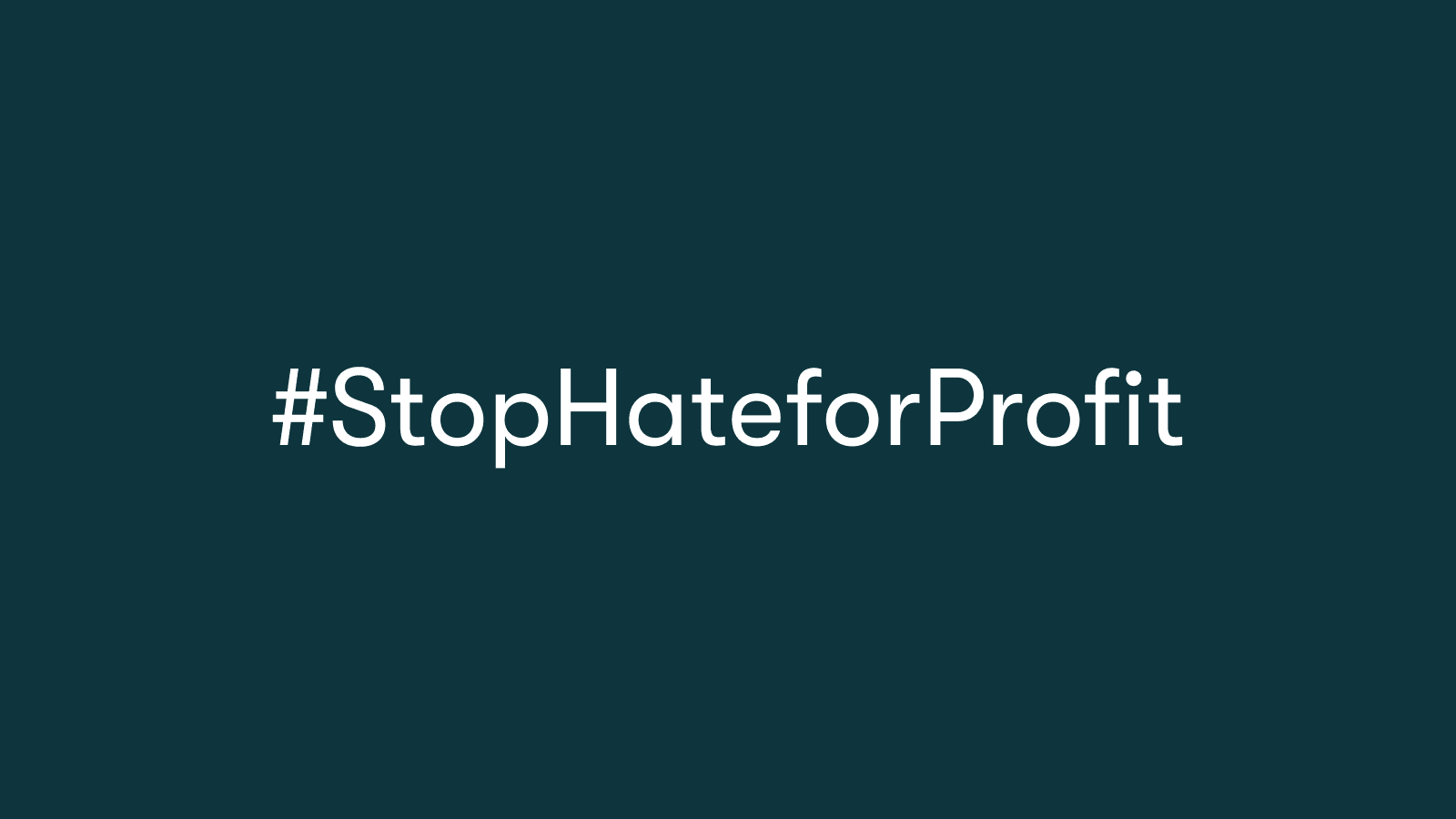Tech CMOs: Together We Can Make Facebook Stop Hate

Dashlane is joining the #StopHateForProfit campaign, and is stopping all paid and organic posts on Facebook and Instagram for the month of July at minimum. I’m calling on my fellow CMOs in tech to join me.
As a marketer, advertising has always been my least preferred way to create demand and build a brand for the products and services I’ve sold over the years. I would rather create memorable experiences and product education. I’d rather tell stories about the things people actually do with our products. I’d rather amplify word of mouth. Nevertheless, I’ve invested hundreds and hundreds of millions in advertising over the years, and until recently I’ve been proud of the result.
I’m not proud anymore. And it’s not because it isn’t working. On the contrary, advertising is more potent than ever, as Facebook’s stock price reflects. Ad tech allows you to debut your brand before the mainstream, as my company did earlier this year with a national television ad. Then keep in touch with every viewer of that ad across every media platform for the following months serving them contextually relevant messages about why they should use our product.
Indeed it’s so reliable, that we don’t even call it advertising any more: it’s user acquisition.
You want customers? Just buy them.
What’s changed is that advertising is no longer about growing your customer base and building your business by bankrolling the free press. We’re no longer helping to pay the salaries of journalists documenting truth and editorialists making sense of the world. Instead we help fuel an engine of hate. The engine that polarizes communities runs on our ad dollars. Facebook doesn’t support journalists—it disintermediates their platforms. And in doing so has forged a path toward disintermediating the truth.
Last time I boycotted Facebook, Elon mocked me for doing so: “just a week?” he said. Easy for him. He had millions of followers on the ad-fueled social media network called Twitter. Not only that, his product has what I call “physical virality.” Logos on clothing, brick & mortar retail, the distinctive shape of physical objects: when you see these IRL, you develop associations with the brands that build meaning. In addition to Elon’s following, Tesla grows when people pass through its physical stores, drive by its cars, and gawk in amazement at their stunts.
Start-ups—especially software companies like ours—have none of this. Indeed, many venture-backed companies would not even be able to get funding to buy ads without developing and showing a follower count on organic social as proof of their concept. However, once we secure funding, we tap the work of building our audiences, generating leads and coaxing them to convert.
Stepping away from this—even for a month—will be hard for many of us. In the relentless pursuit of scale, most startups lean on performance marketing, falling into the endless cycle of “scale spend while keeping CPAs flat.” This leads to a world where 40 cents of every VC dollar goes to one of Facebook, Amazon, or Google. It’s clear our industry’s collective addiction to performance marketing has come at the expense of so much more than just R&D or product-market fit, and calls for a course-correction.
The ad-dependent business model is only part of the problem: Facebook’s engagement-focused algorithms stoke social flames by amplifying opinions that otherwise would live at the fringes. This drive to polarity is baked into the product, which is why we are also going silent on all Facebook organic channels too, with the exception of our customer support team.
We’ve taken our time to develop an alternative plan. We’re fortunate that our investors have vibrant CMO communities where we’ll share what we learn and offer support to other companies who dare to join us. Who knows, maybe we’ll do this so well that we can break this addictive cycle for good.
As we’ve seen from recent exposés, Facebook is not committed to change. I’ve worked for positive change inside big companies, and even when my proposals have been rejected it has never been with the disregard that Zuckerberg shows his employees in this article. It's clear that Facebook is all talk, and will not take responsibility for its role in Surveillance Capitalism out of a sense of moral duty. They will only say what money makes them say. It’s time for us to put our money where their mouth is.
Sign up to receive news and updates about Dashlane
